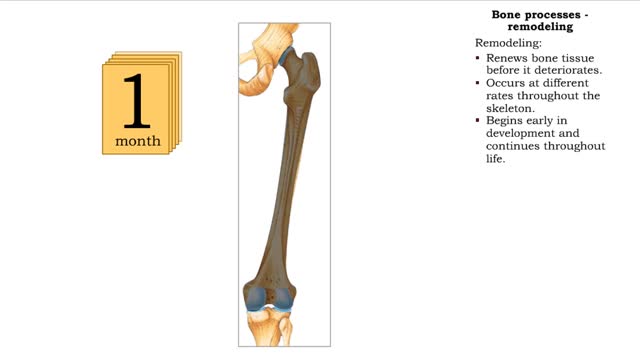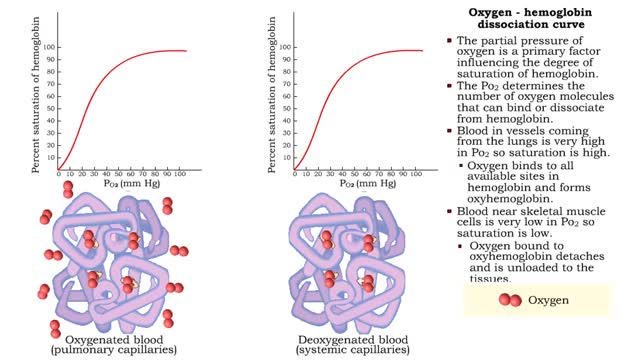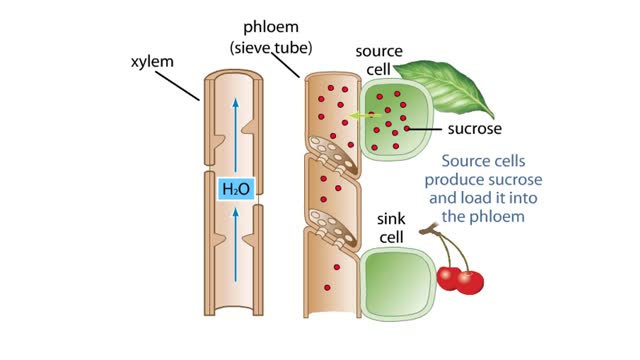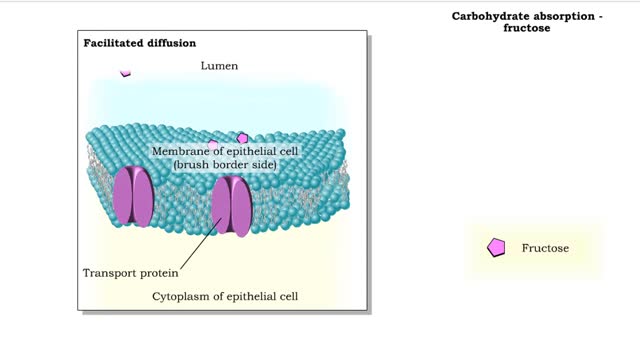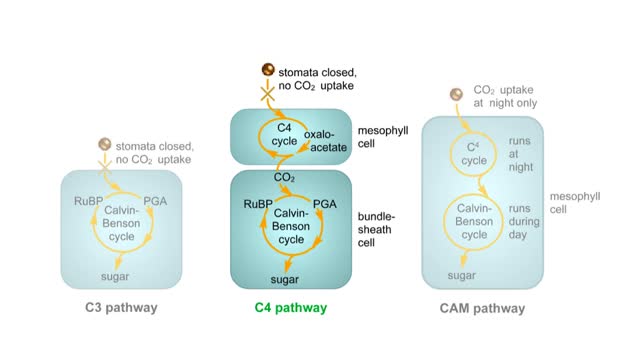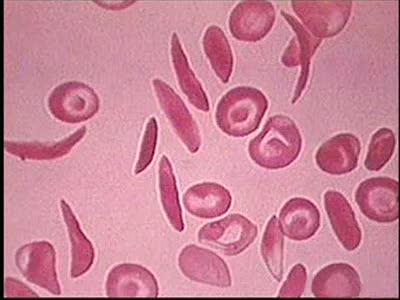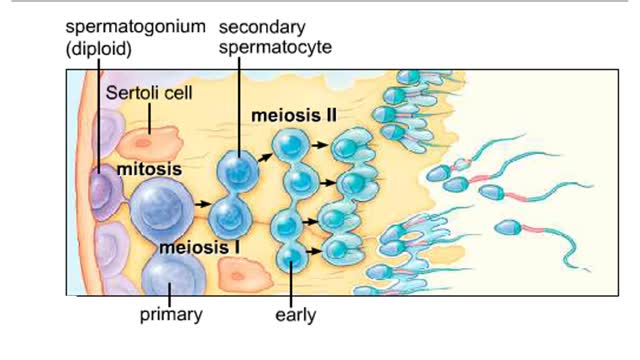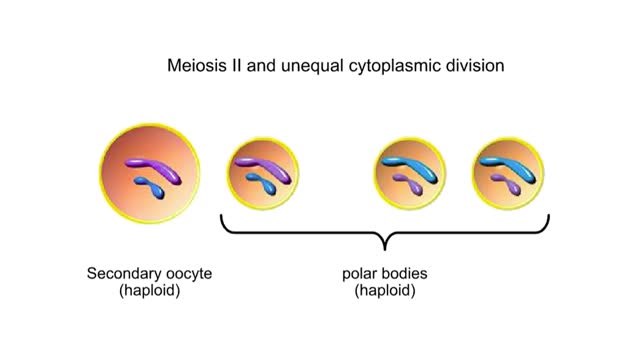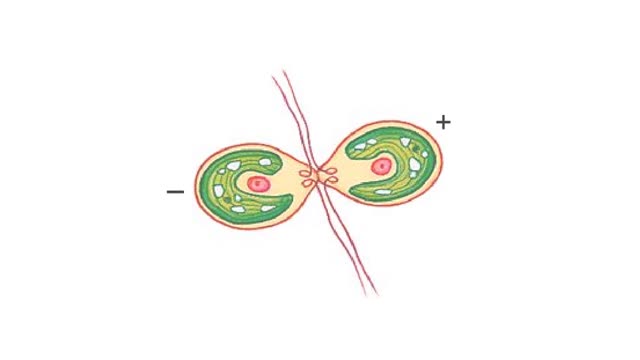Search Results
Results for: 'effector cells'
Bone processes - resorption and deposition, remodeling and response to stress in adult bones
By: HWC, Views: 11260
• The process of remodeling bone tissues involves bone cells resorbing or depositing minerals into bone tissue. • During resorption, bone cells break down bone tissue and release calcium and other minerals for use by other cells in the body. • Bone cells also rebuild bone tissue by depo...
Oxygen - hemoglobin dissociation curve & Hemoglobin's affinity with oxygen - acidity
By: HWC, Views: 11620
• The partial pressure of oxygen is a primary factor influencing the degree of saturation of hemoglobin. • The Po2 determines the number of oxygen molecules that can bind or dissociate from hemoglobin. • Blood in vessels coming from the lungs is very high in Po2 so saturation is high. ...
The Pressure Flow Model in a Plant
By: HWC, Views: 10413
The vascular system of plants has two transport tissues, called xylem and phloem. Xylem transports water and minerals, while phloem transports a variety of dissolved substances, including sugars and amino acids, throughout the plant. Water in the xylem always moves up, in the direction from th...
Carbohydrate digestion (brush border enzymes, end products) & Carb absorption (fructose, galactose)
By: HWC, Views: 10933
• Carbohydrate digestion concludes in microvilli of the small intestine, in brush border epithelial cells. Carbohydrate digestion -brush border enzymes • Four brush-border enzymes are involved: • Alpha-dextrinase breaks down alpha-dextrin chains by removing glucose units. • Sucras...
Carbon fixing adaptations Animation
By: HWC, Views: 5259
Different plants trap carbon by different pathways. Most C3 plants evolved in moist, temperate zones. On hot dry days they close their stomata to conserve water and oxygen accumulates. Under these circumstances, the enzyme rubisco uses oxygen in an inefficient reaction that competes with t...
Introduction to Sickle Cell Anemia
By: Administrator, Views: 14551
Sickle cell anemia (sickle cell disease) is a disorder of the blood caused by an inherited abnormal hemoglobin (the oxygen-carrying protein within the red blood cells). The abnormal hemoglobin causes distorted (sickled appearing under a microscope) red blood cells.
By: HWC, Views: 9134
Spermatogenesis takes place inside the seminiferous tubules. Diploid spermatogonia located near the outer edge of the tubule divide mitotically to form primary spermatocytes. The first meiotic division produces secondary spermatocytes with a haploid number of duplicated chromosomes. T...
Egg and Sperm Formations in Animals Animation
By: HWC, Views: 5471
Inside the ovaries of a female animal are diploid germ cells called oogonia. An oogonium grows to become a primary oocyte. This large cell is still diploid. Meiosis I followed by unequal cytoplasmic division produces one large secondary oocyte and a smaller polar body. Both are haploid. ...
By: HWC, Views: 5329
Life cycle of Porphyra. The most conspicuous part of this algal life cycle is the haploid gametophyte. This sheetlike form is collected and dried for use as nori, the wrapping for sushi. Gametes form in packets interspersed between vegetative cells near the sheet margins. The gamet...
Advertisement



